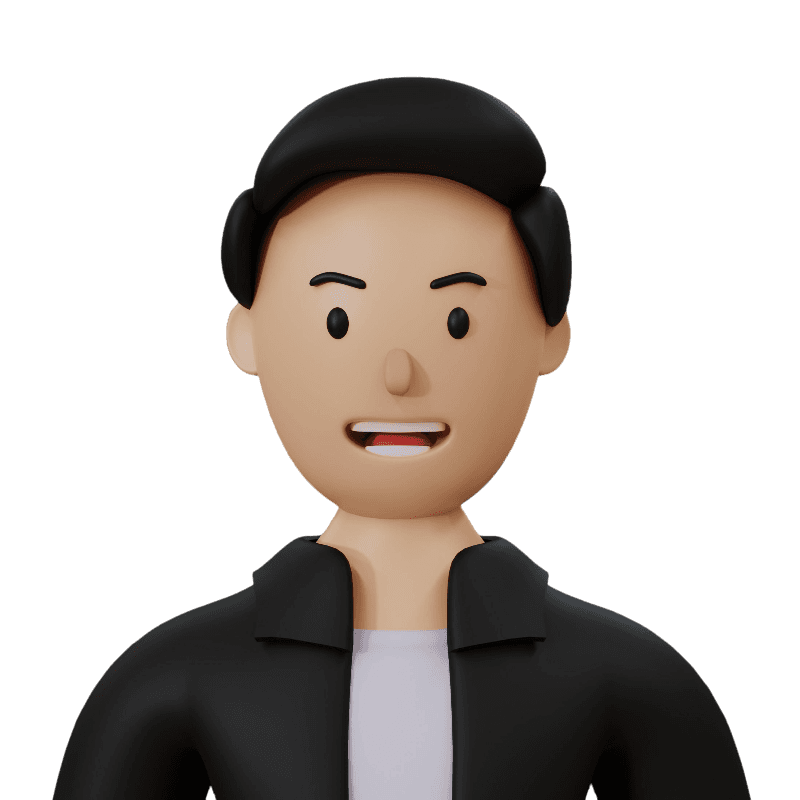As we are becoming increasingly reliant on technology in every realm of life, artificial intelligence (AI) has emerged as a crucial aspect in various sectors. Healthcare, in particular, holds potential and is witnessing a paradigm shift, all thanks to AI.
AI's transformative impact can be simply put as a revolution, streamlining medical practices, research, and patient care. This AI revolution is managing our health and wellness by reshaping diagnosis, drug discovery, treatment planning, and patient monitoring.
Now, let's delve deeper into understanding the transformative role of AI in healthcare and how it is much more than a fancy technological term.
Streamlining Medical Diagnosis
One of the key areas where AI has demonstrated significant impact is medical diagnosis. AI algorithms have been designed to process vast amounts of data, enabling physicians to make more accurate diagnoses. By detecting patterns in the data, AI can uncover insights about patient health that may have otherwise gone unnoticed.
For instance, Google’s DeepMind has developed an AI system that can detect over 50 eye diseases as accurately as a human expert. The system is trained using thousands of historic, de-personalized eye scans to learn to spot signs of eye disease and conditions, such as Age-related Macular Degeneration and Diabetic Retinopathy.
Redefining Drug Discovery Process
Traditionally, the drug discovery process is time-consuming as well as financially draining. AI’s contribution to this arena is monumental. AI algorithms can assess the potential of a particular compound to become a successful drug significantly faster than traditional methods.
Unprecedented computational capabilities of AI enable the analysis of vast and complex biomedical datasets. It can predict how different compounds will react in the human body and thus decreases the time and cost for developing new drugs. It has proved a game-changer in our race against time in scenarios like COVID-19, where rapid drug discovery was of the essence.
Refining Treatment Planning
When it comes to treatments, every patient is unique, and understanding this individuality is the linchpin for successful medical attention. Here, AI is making its mark by making treatments more personalized.
AI algorithms can analyze a patient's medical history, demographic details, lifestyle habits, genetic information, etc., and create a 'Personalized Treatment Plan'. These plans can predict patient responses to different treatment options, making it possible to customize treatments based on the individual's needs.
Advancement in Patient Monitoring
Regular health monitoring is imperative in managing chronic diseases or after hospitalization. AI-powered wearables and home monitoring devices are playing a significant role in regular health tracking. They alert healthcare professionals or caregivers about any significant health change in real time, thereby allowing timely intervention.
These devices have the potential to pre-emptive rather than reactive healthcare, leading to better patient outcomes and reduced burden on healthcare systems.
Challenging Ethical Considerations
However, with the massive benefits come significant ethical considerations. As AI systems handle sensitive medical data, privacy and data security are of utmost concern. Ensuring transparency and explainability of AI decision-making is also crucial. The industry needs to follow stringent regulation and framework for ethical AI in healthcare.
The Road Ahead
It is safe to say that AI holds a revolutionary impact on healthcare. It is transforming the way we diagnose diseases, discover drugs, plan treatments, and monitor patients. While there are challenges to address, they do not undermine the enormous potential AI holds to transform the future of healthcare.
AI’s impact on healthcare is not a one-shot event, but an ongoing revolution. As the technology evolves, its role in healthcare will only increase, helping doctors do their jobs better, improving patient outcomes, and shaping the future of healthcare as we know it.
The AI revolution in healthcare is here, and it’s here to stay pushing the boundaries of what we previously thought was possible in healthcare industry. As we move forward, we can expect AI to reshape the facets of healthcare globally and usher us into an era of more efficient, patient-centered, and data-driven care.
As Benjamin Franklin once said, "An ounce of prevention is worth a pound of cure." In the age of AI, this seems more relevant than ever before. AI is helping us not only to cure diseases with more precision but also to prevent them with more foresight. We have just started witnessing the transformative power of AI in healthcare, but this is indeed just the beginning.



